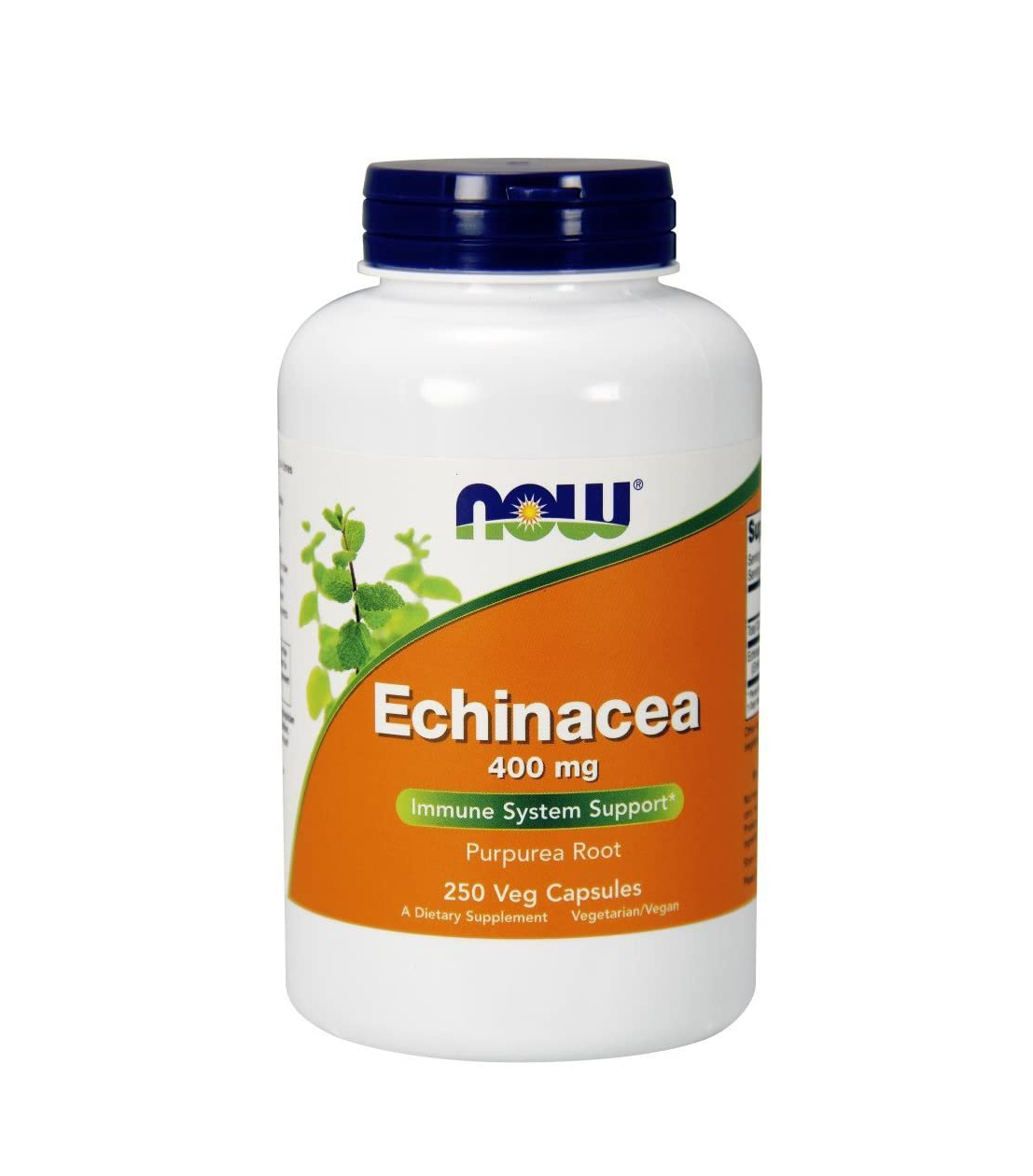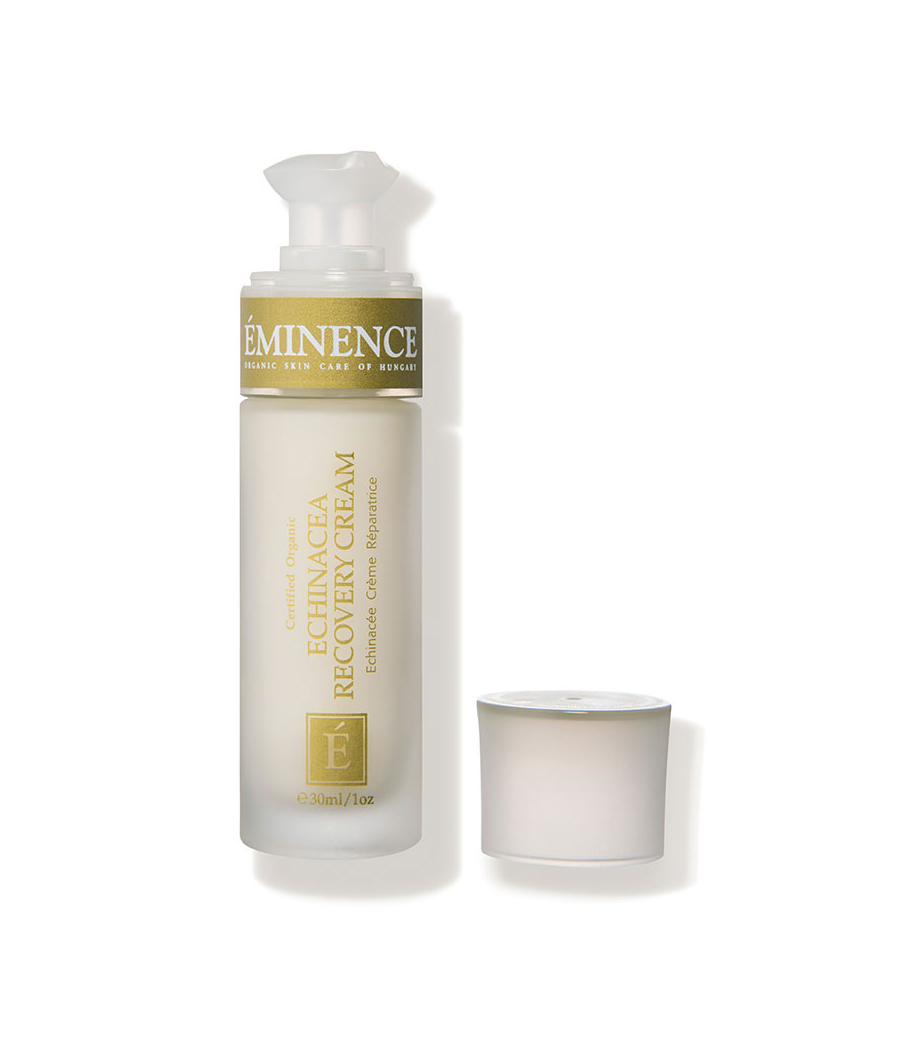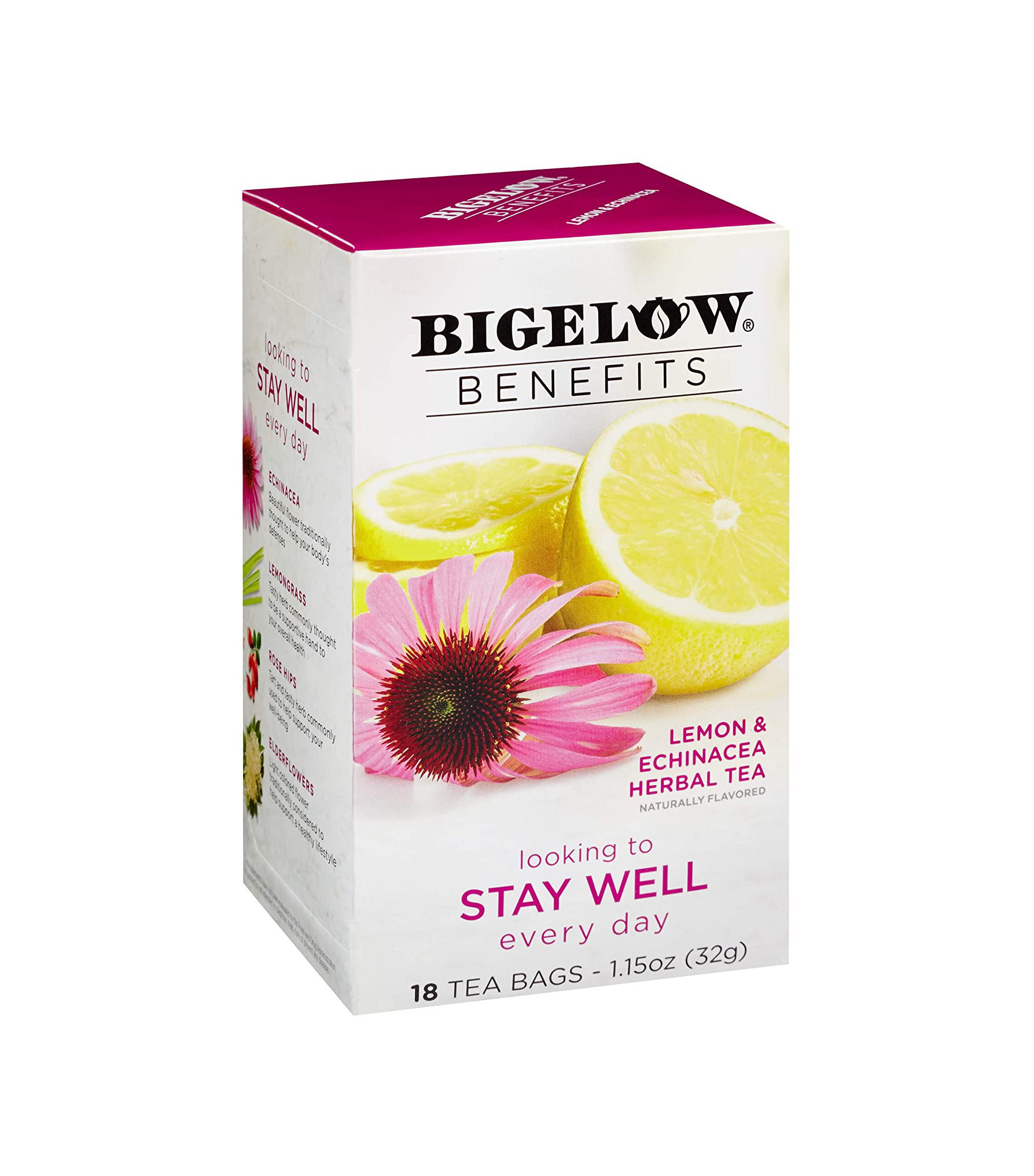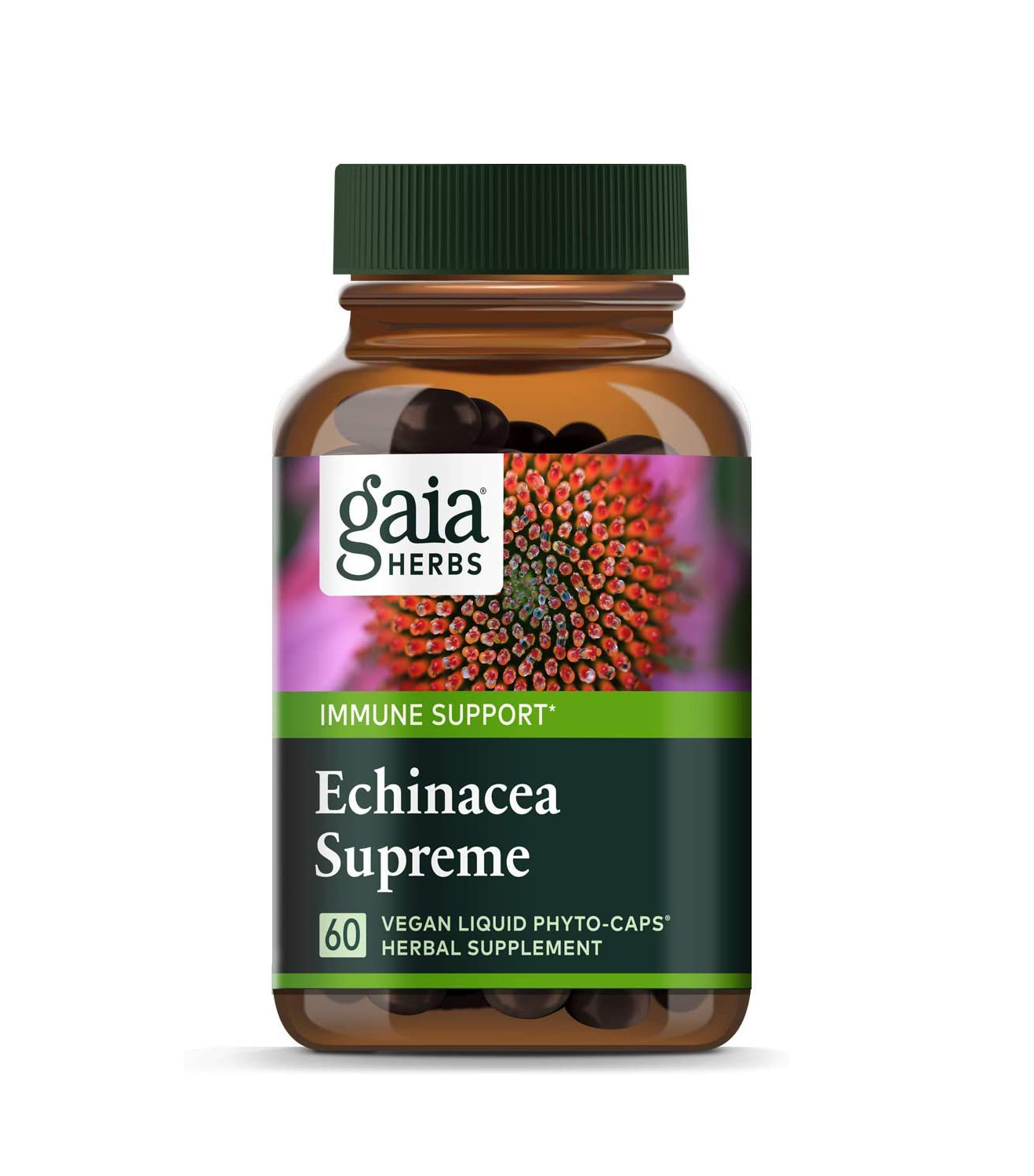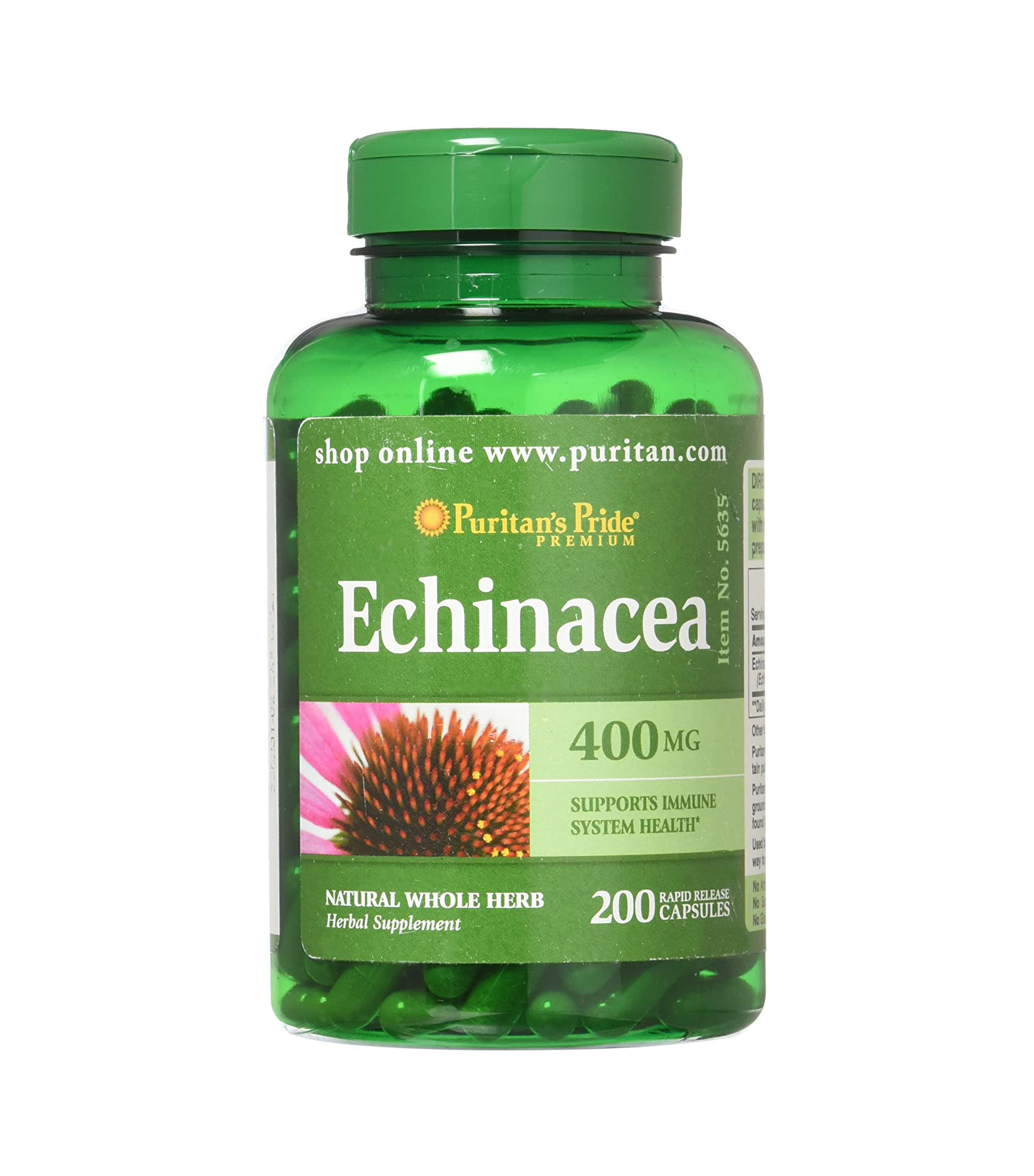Here's What to Take If You Want to Stop a Cold in Its Tracks
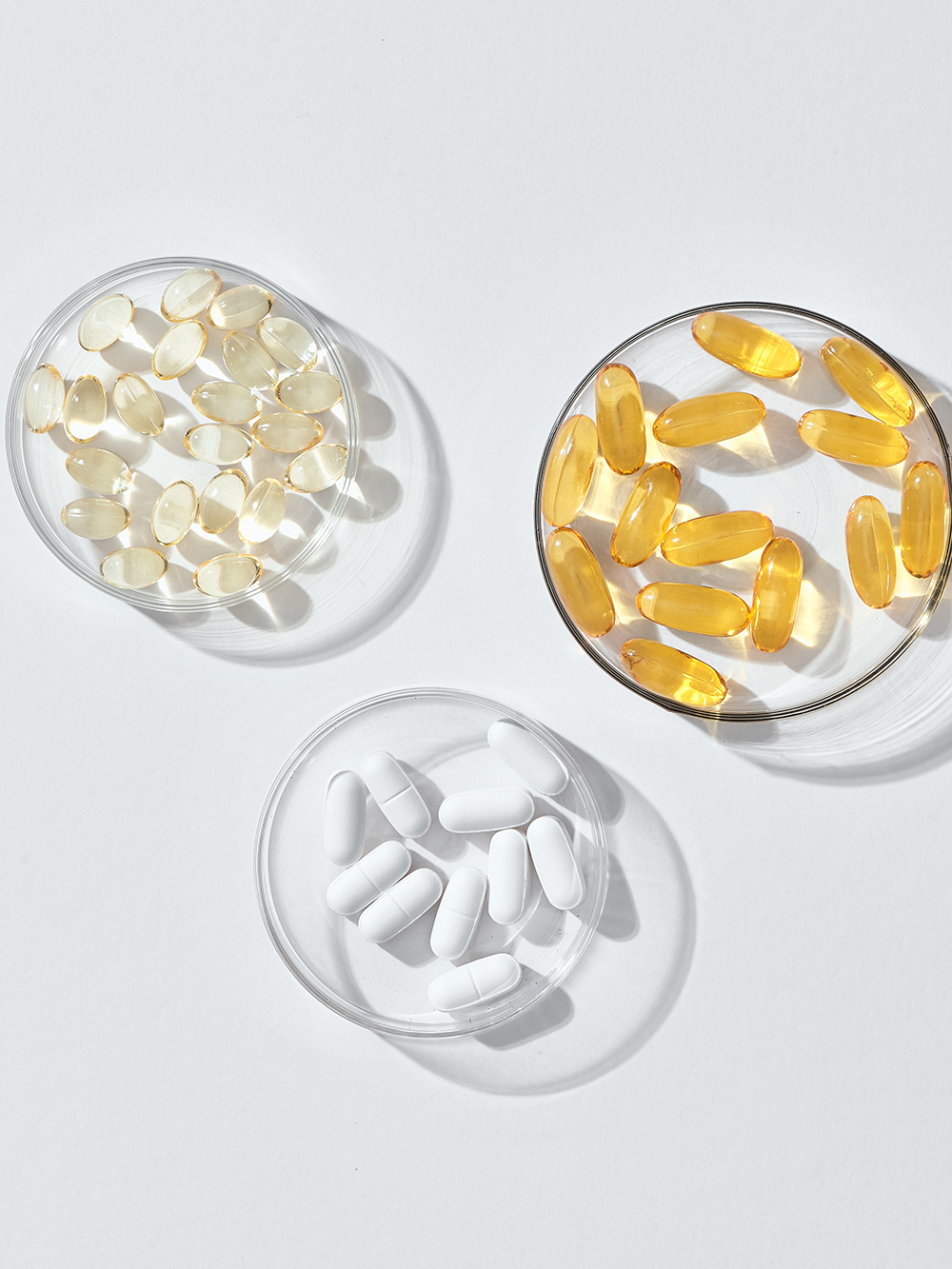
We talk a lot about various supplements, vitamins, herbs, and ingredients here that can do a variety of things for your body, from boosting your immune system to giving you more energy to helping you sleep better. We could probably go on and on due to the sheer number of remedies out there. Just when we think we covered them all, there's another buzzy ingredient making an appearance in the wellness world spotlight. Because there are so many, we, of course, have to figure out if their supposed benefits really stack up. It's fun being wellness detectives, everyone!
One ingredient that you've probably heard of but may not know much about is echinacea. Prior to doing research for this article, I knew that echinacea was supposed to be good for the body. I knew it was in various supplements and tinctures. But I honestly had no idea what its benefits were or if I should be incorporating it into my wellness routine.
So I did the detective work for all of us, and here's what I found.
What Is Echinacea?
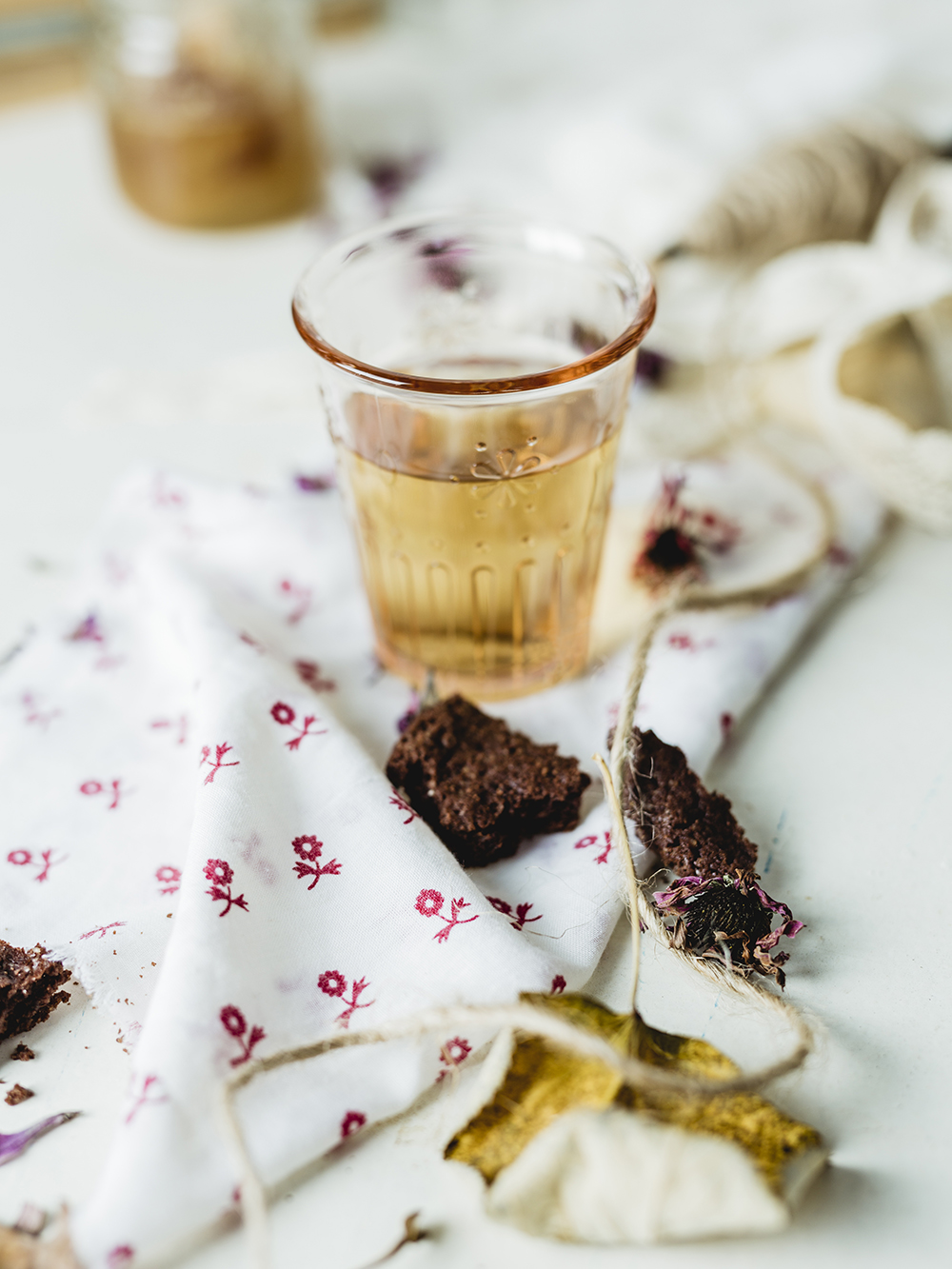
Well, it turns out echinacea is an immune system booster. "Echinacea, also known as coneflower, is a North American flowering plant that is part of the daisy family," explains Sarah Rueven, MS, RDN, CDN, founder of Rooted Wellness. "It is known to have immune-boosting properties and has historically been used as an herbal remedy to protect against the common cold."
In addition to protecting and treating the common cold, it helps with bronchitis, upper respiratory infections, and some inflammatory conditions, adds Erica Zellner, MS, CNS, senior health coach at Parsley Health. "It's high in antioxidants (molecules that help your body fight oxidative stress), including flavonoids, cichoric acid, and rosmarinic acid," Zellner says.
Benefits of Echinacea
1. It Protects the Immune System
As we learned above, echinacea's main benefit is its support of the immune system. "Echinacea has numerous proven benefits and has been used in healing for centuries, but it is now most widely used and known for its immune system–stimulating capabilities," explains Serena Poon, CN, CHC, CHN, chef, nutritionist, Reiki master, and founder of the Culinary Alchemy program. "Researchers believe that echinacea is one of the top herbs for immune support. It is recommended to take echinacea regularly over longer periods to prevent respiratory illnesses like the common cold and flu."
2. It's Anti-Inflammatory

"Echinacea contains many different types of antioxidants, which may exert an anti-inflammatory effect within the body," Rueven says.
3. It Can Treat Common Skin Conditions
Zellner says there is evidence that echinacea in topical form is useful for common skin conditions like acne and eczema. "Scientists believe that the benefit comes from echinacea's anti-inflammatory and antibacterial properties," she says. "Unfortunately, echinacea extract has a relatively short shelf life, making it difficult to incorporate into skincare products."
4. It Has Therapeutic Benefits
"Research has also found this plant to have anti-inflammatory, antiviral, antibacterial, antimicrobial, antitumor, larvicidal, antioxidant, and mood-boosting properties," Poon says. "Traditionally, echinacea has been used to combat an array of conditions and diseases, from toothaches, bowel pain, snake bites, and skin disorders to chronic arthritis and cancer."
5. It Can Help With Anxiety

There are some mental health benefits to the plant, too. Zellner mentions that there is evidence that echinacea can lower feelings of anxiety.
How to Take Echinacea
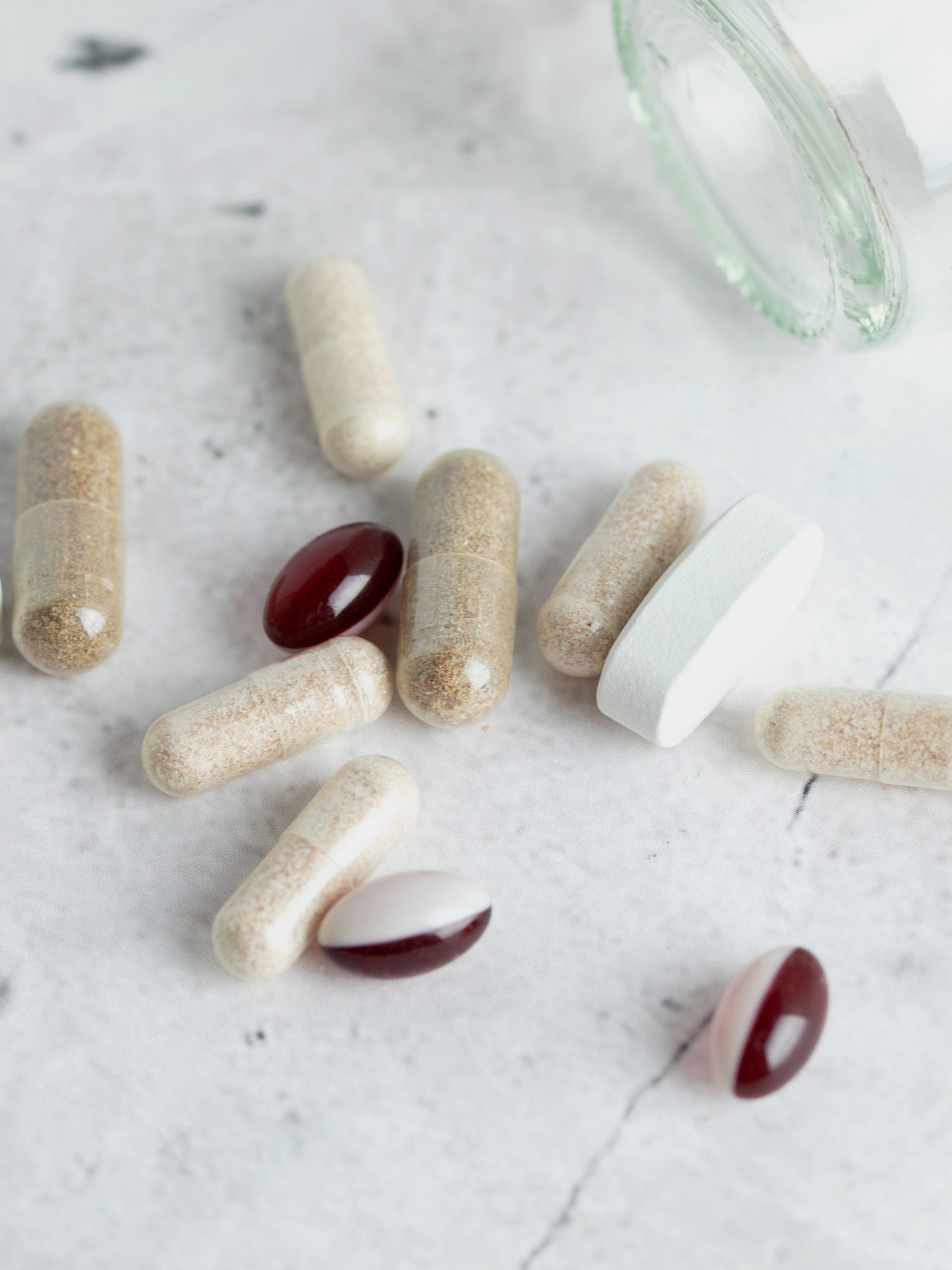
In general, most people can take and tolerate echinacea without any problems. "However, people with allergies to flowers in the same family (such as daisies, ragweed, and chrysanthemums) are likely to have a reaction to echinacea," Zellner says. "It also may not be appropriate for individuals with autoimmune disorders or taking immunosuppressive drugs. In these instances, it's best to speak with your doctor before trying echinacea. If you are pregnant, breastfeeding, or trying to conceive, it's best to speak with your doctor before trying echinacea. Preliminary studies indicate relative safety, but more research is needed."
Side effects are rare, but that doesn't mean they don't exist. "It is possible to experience nausea or stomach pain or possibly allergic reaction, rash, itching, hives, or difficulty breathing," Poon explains. "You would want to stop taking echinacea immediately if you experience any of these side effects."
You don't have to take it every day like you would some vitamins and supplements. "For adults, short-term usage of echinacea is thought to be safe. However, the long-term usage of echinacea has not been studied nor proven to be safe," Rueven says. "Use echinacea during cold and flu season, before experiencing symptoms, as a preventative measure to avoid getting sick."
How to Shop for Echinacea Products
Echinacea can be easily found in grocery stores, pharmacies, and health-food stores. Zellner says it comes in many forms, including tinctures, dried herbs, capsules, and teas. "There is currently no official dose recommendation for echinacea. However, research has suggested that 300 to 500 mg of powder extract tid (three times daily) is effective in aiding immunity and 2.5 ml tid for tinctures," she says. "It is important to note that these recommendations are best used as a short-term intervention, as we do not have long-term studies to support ongoing use."
When choosing a product, you'll want to do as much research as you can into the brand and the product itself. "You want to buy from a brand that you can trust and who offers transparency around their sourcing," Poon suggests. "Choose ingredient labels that are simple and avoid added fillers, sugars, and artificial coloring."
Zellner recommends looking for formulations that include E. purpurea and/or E. angustifolia. Of the nine species of echinacea, she says that these two are the most commonly studied and used for healing.
Take a look at some echinacea products below, sourced by our editors.
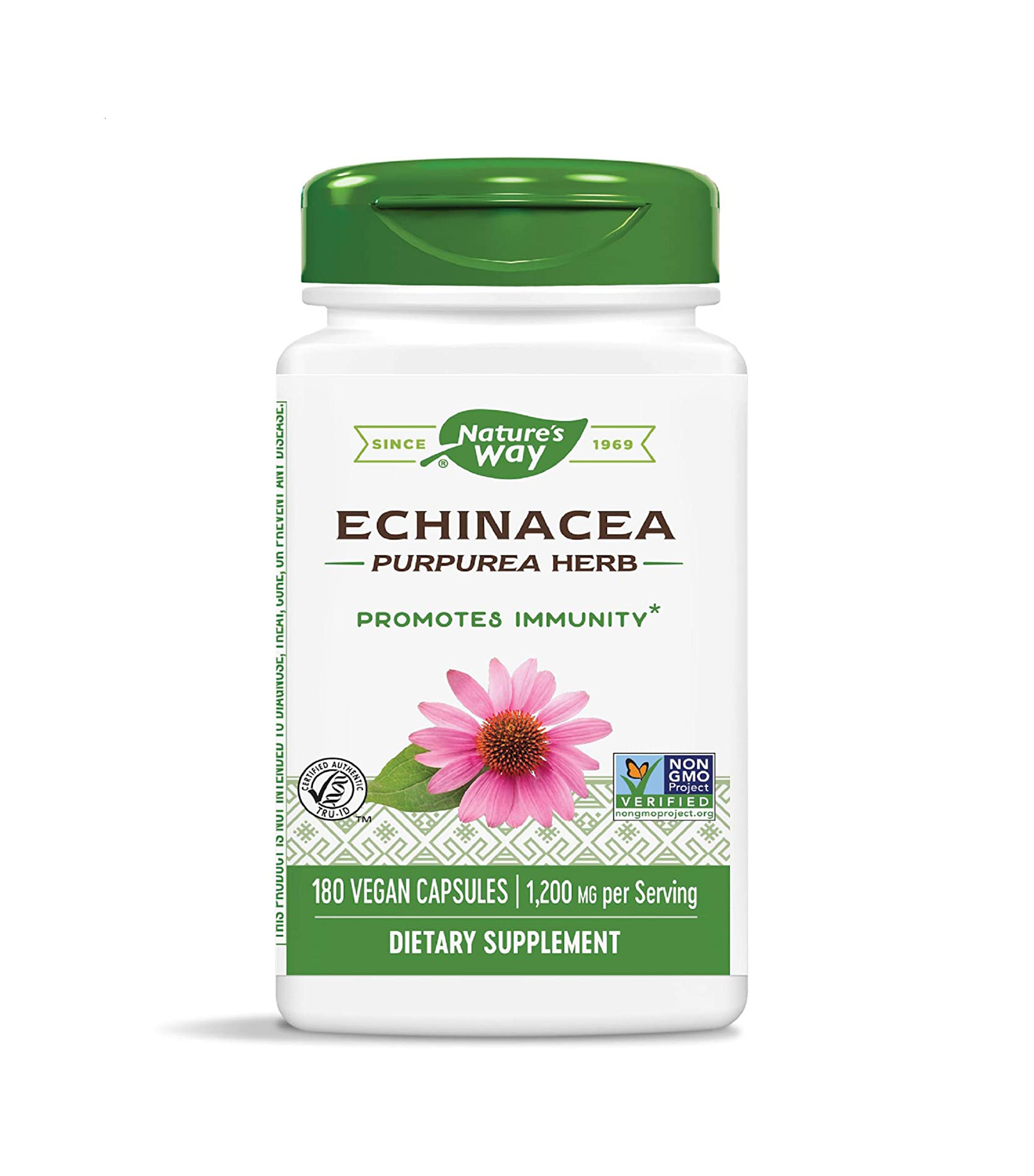
This supplement is echinacea purpurea, which is one species that Zellner suggested. It's gluten-free and vegan.
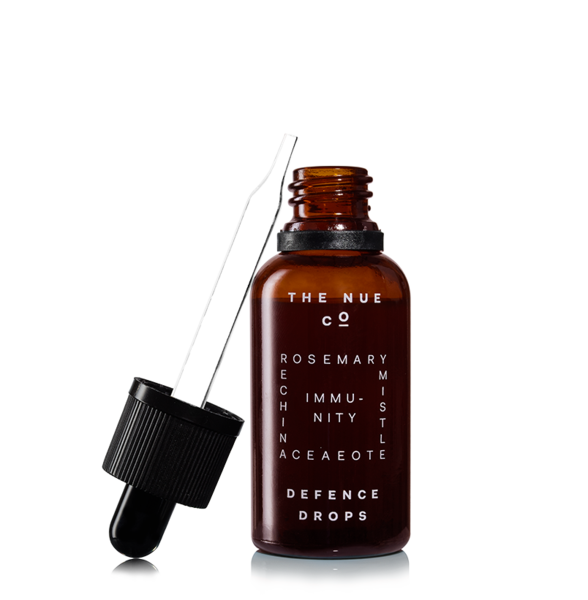
The Nue Co.'s Defense Drops are formulated to boost your immunity—the brand recommends taking them when your throat feels scratchy or when you just know you might be getting sick. In addition to echinacea, it contains Schisandra berry, rosemary, citric acid, and mistletoe.
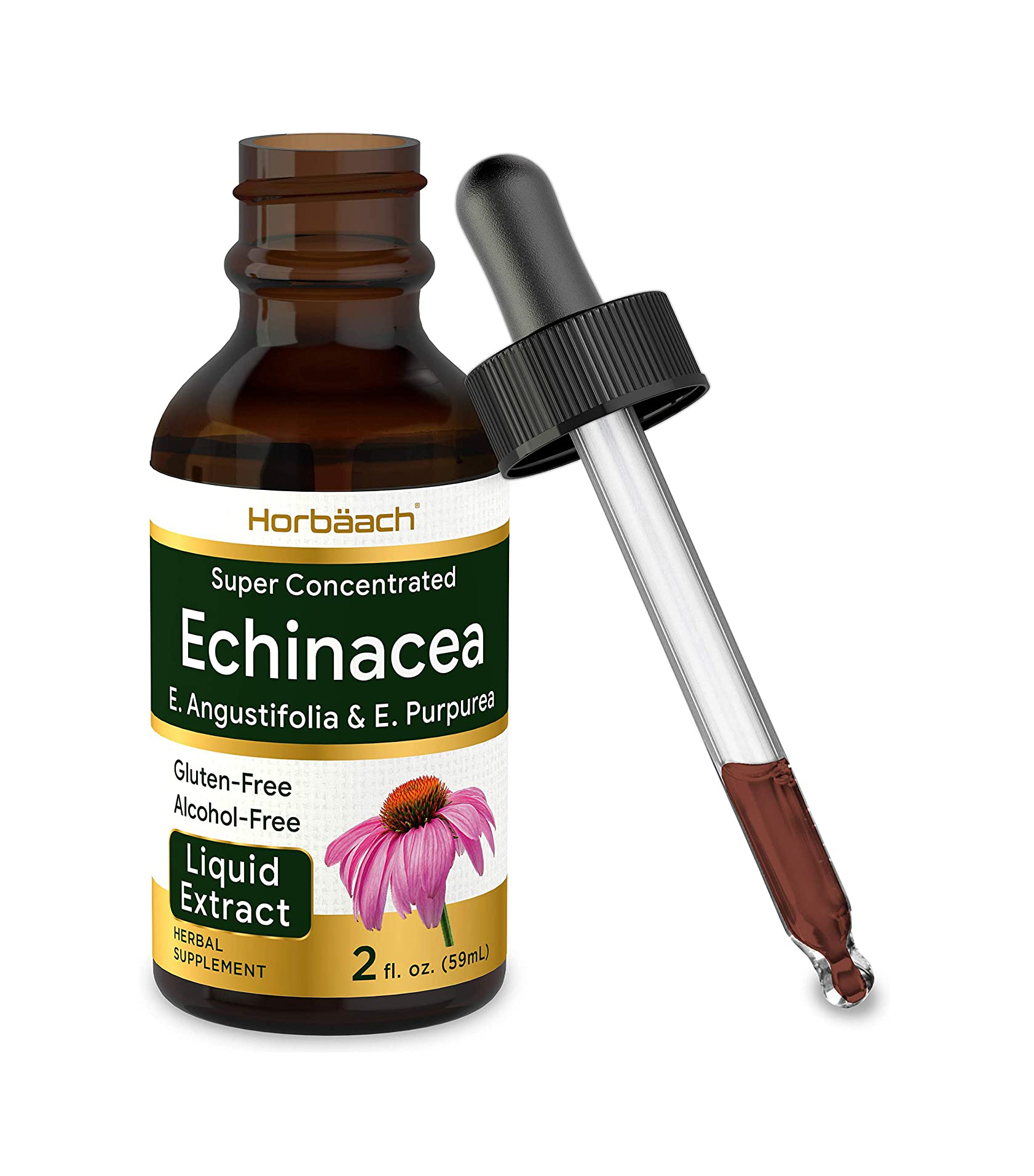
This tincture has both E. angustifolia and E. purpurea. It's super concentrated and doesn't contain artificial sweeteners, colors, flavors, or preservatives.
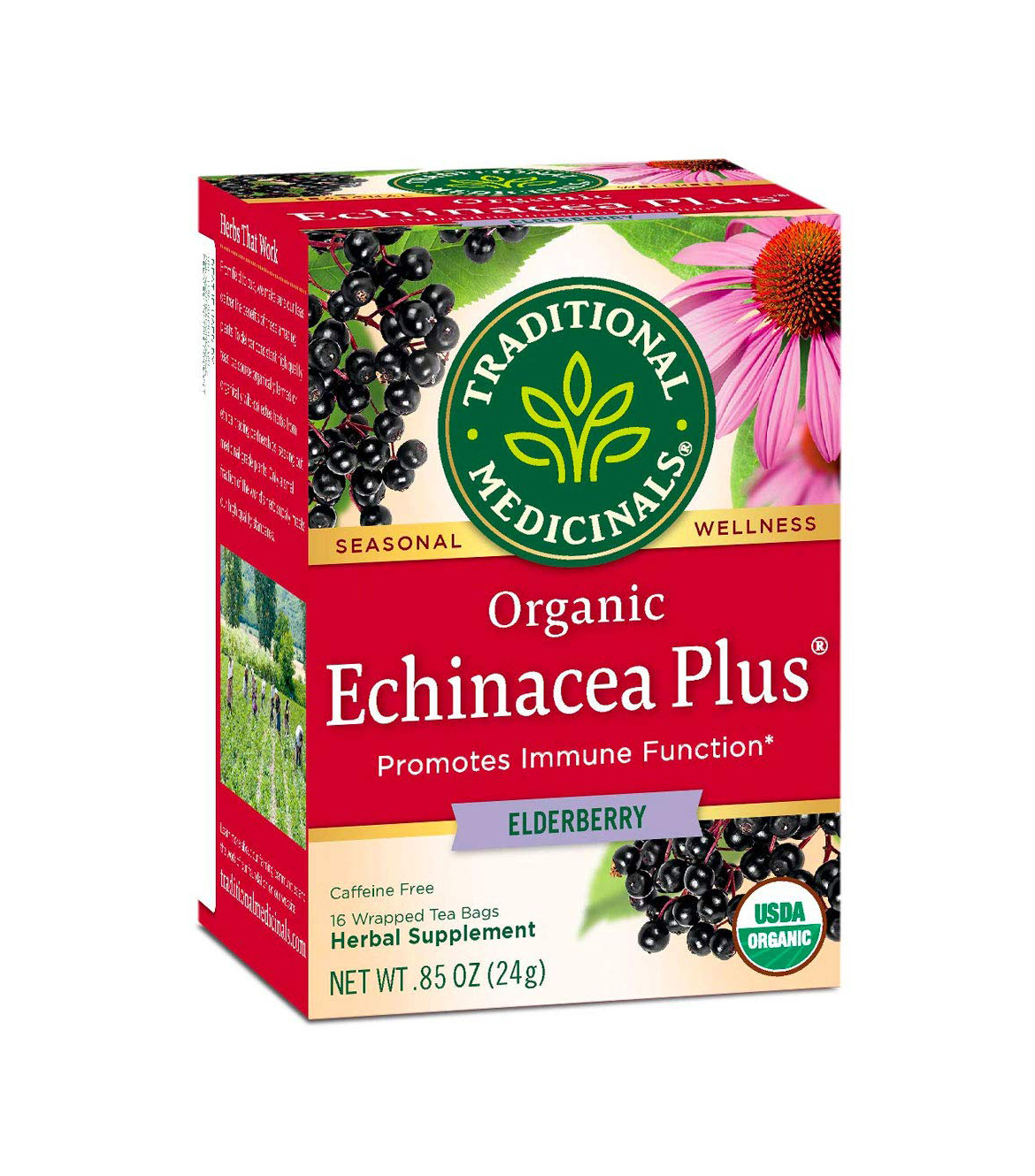
Both elderberry and echinacea are included in this tea blend for immune support. It has a berry flavor that's a little sweet and tart.
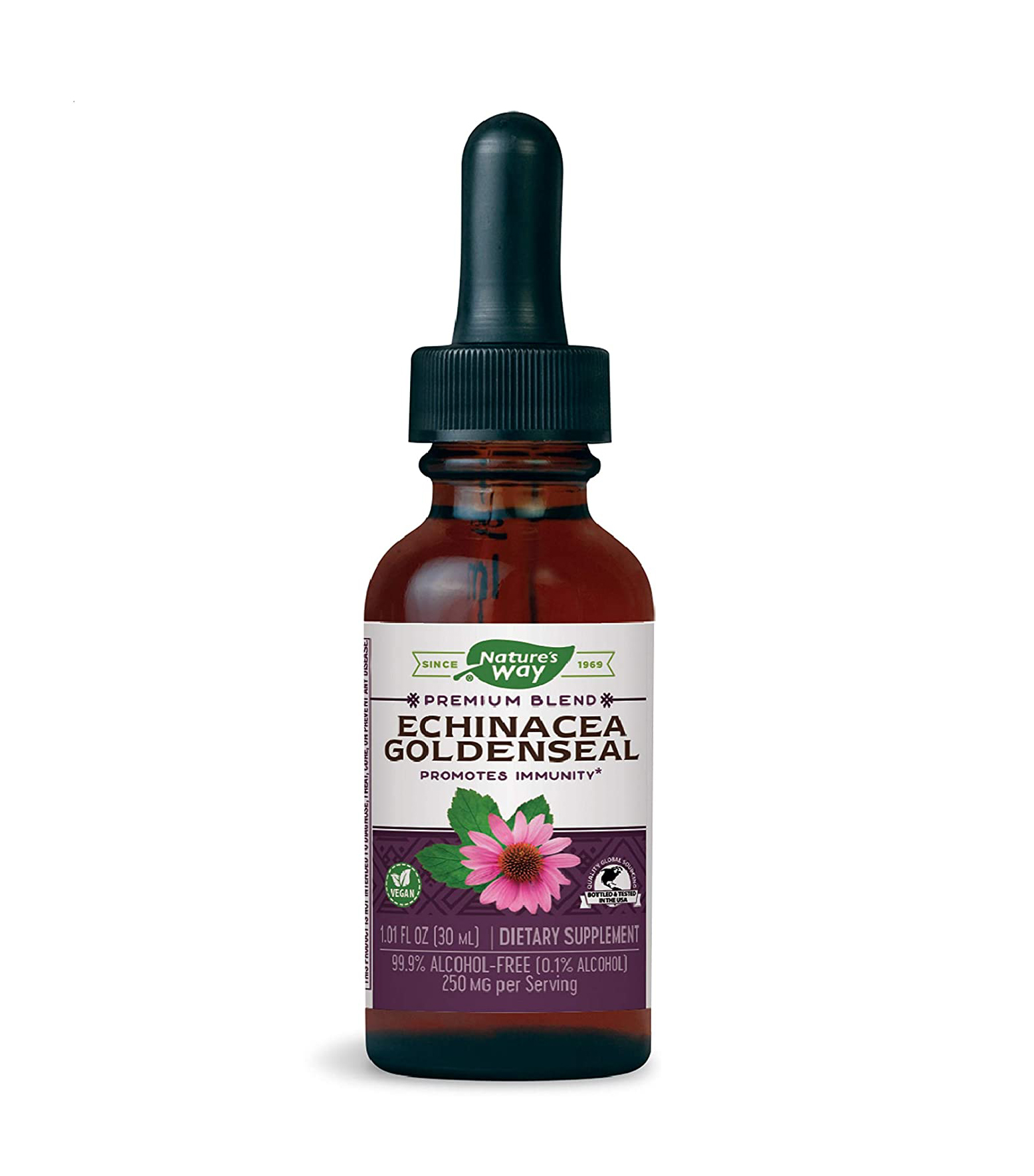
In addition to echinacea, this tincture contains goldenseal, which is another immune booster.
Next up: These 13 Supplements Have Age-Reversing Effects
Disclaimer
This article is provided for informational purposes only and is not intended to be used in the place of advice of your physician or other medical professionals. You should always consult with your doctor or healthcare provider first with any health-related questions.
Sarah is lifestyle writer and editor with over 10 years of experience covering health and wellness, interior design, food, beauty, and tech. Born and raised in Los Angeles, she attended New York University and lived in New York for 12 years before returning to L.A. in 2019. In addition to her work at Who What Wear, she held editor roles at Apartment Therapy, Real Simple, House Beautiful, Elle Decor, and The Bump (sister site of The Knot). She has a passion for health and wellness, but she especially loves writing about mental health. Her self-care routine consists of five things: a good workout, “me” time on the regular, an intriguing book/podcast/playlist to unwind after a long day, naps, and decorating her home.
-
 This Founder Shares Why We Should Start Celebrating Rest
This Founder Shares Why We Should Start Celebrating RestBurnout is nothing to be proud of.
By Kia Topps
-
 I Asked J.Lo's Trainer for His Very Best Fitness Tips
I Asked J.Lo's Trainer for His Very Best Fitness TipsGunnar Peterson has thoughts on how to get moving this season.
By Kia Topps
-
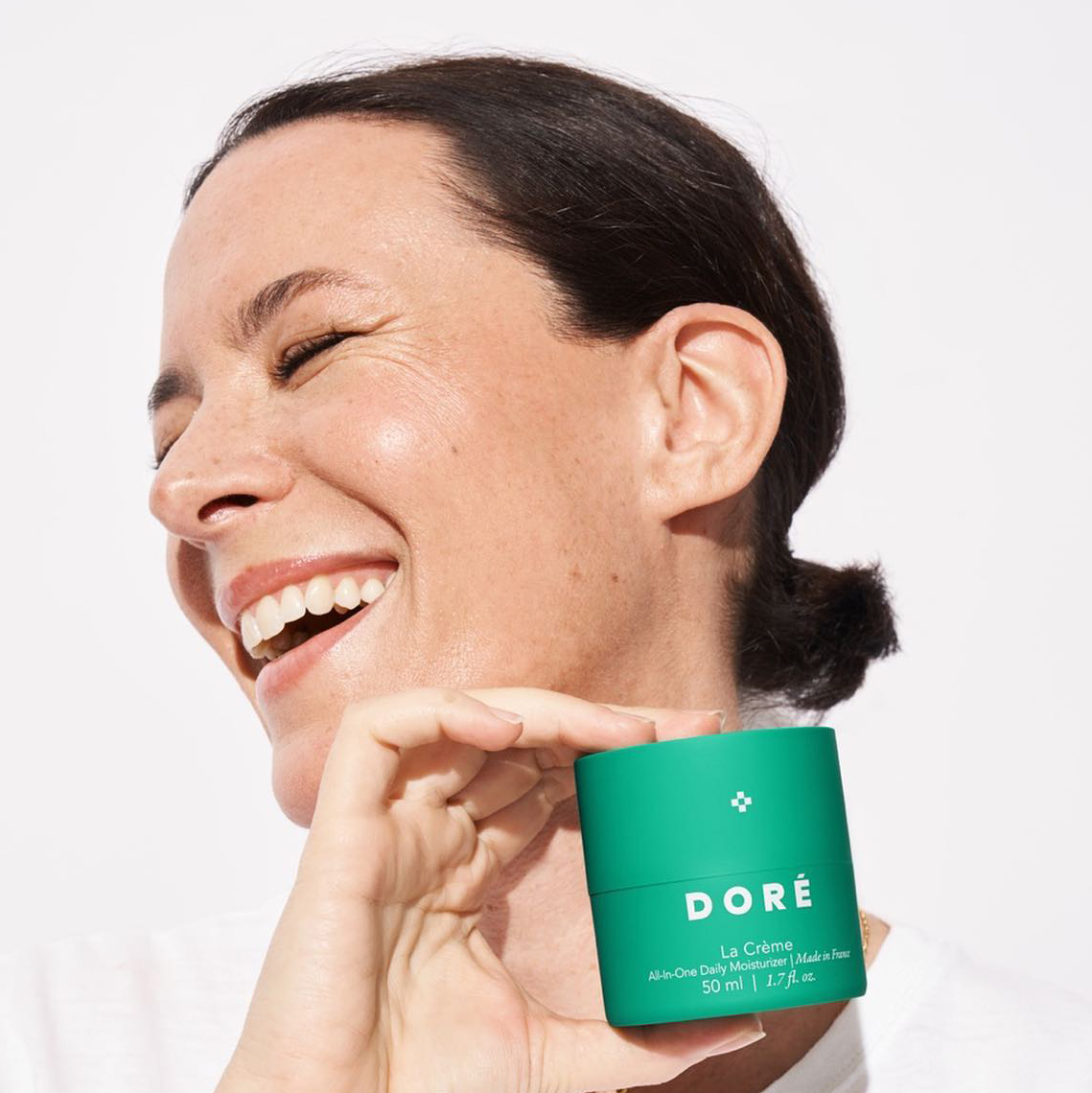 This Style Influencer Turned Founder Shares Her Favorite Ways to Start the Day
This Style Influencer Turned Founder Shares Her Favorite Ways to Start the DayA morning routine from London.
By Candice Aman
-
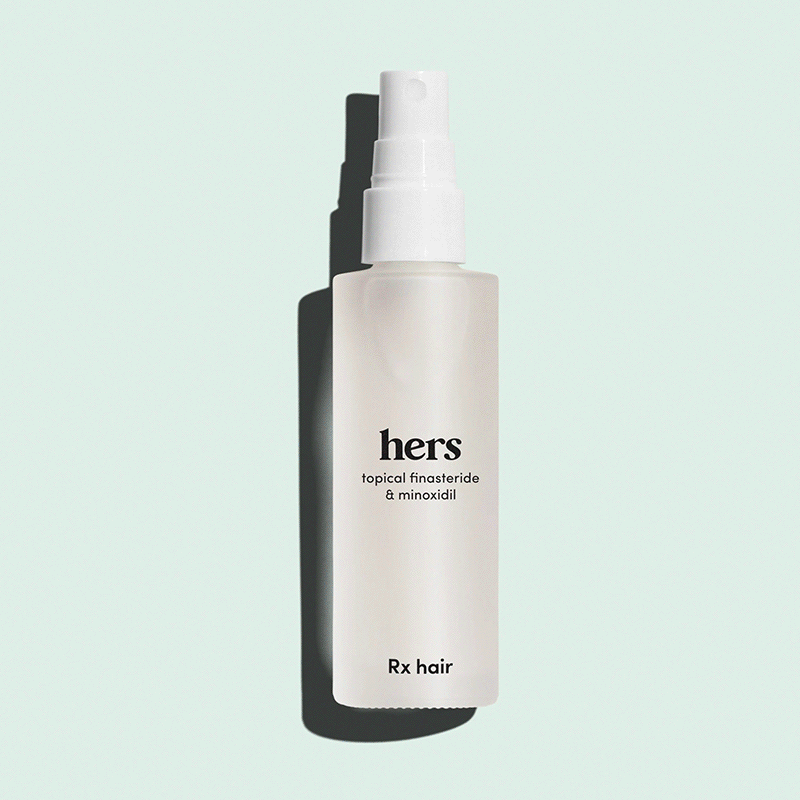 13 Products That Will Step Up Your Self-Care Game From Home
13 Products That Will Step Up Your Self-Care Game From HomeGet that glow from within.
By Natalie Gray Herder
-
 These 8 Foods Are the Worst for Rosacea—Here's What to Eat Instead
These 8 Foods Are the Worst for Rosacea—Here's What to Eat InsteadControl those flare-ups.
By Sarah Yang
-
 If You're Super Stressed Out, These 17 Things Can Make You Feel Better
If You're Super Stressed Out, These 17 Things Can Make You Feel BetterTry them.
By Sarah Yang
-
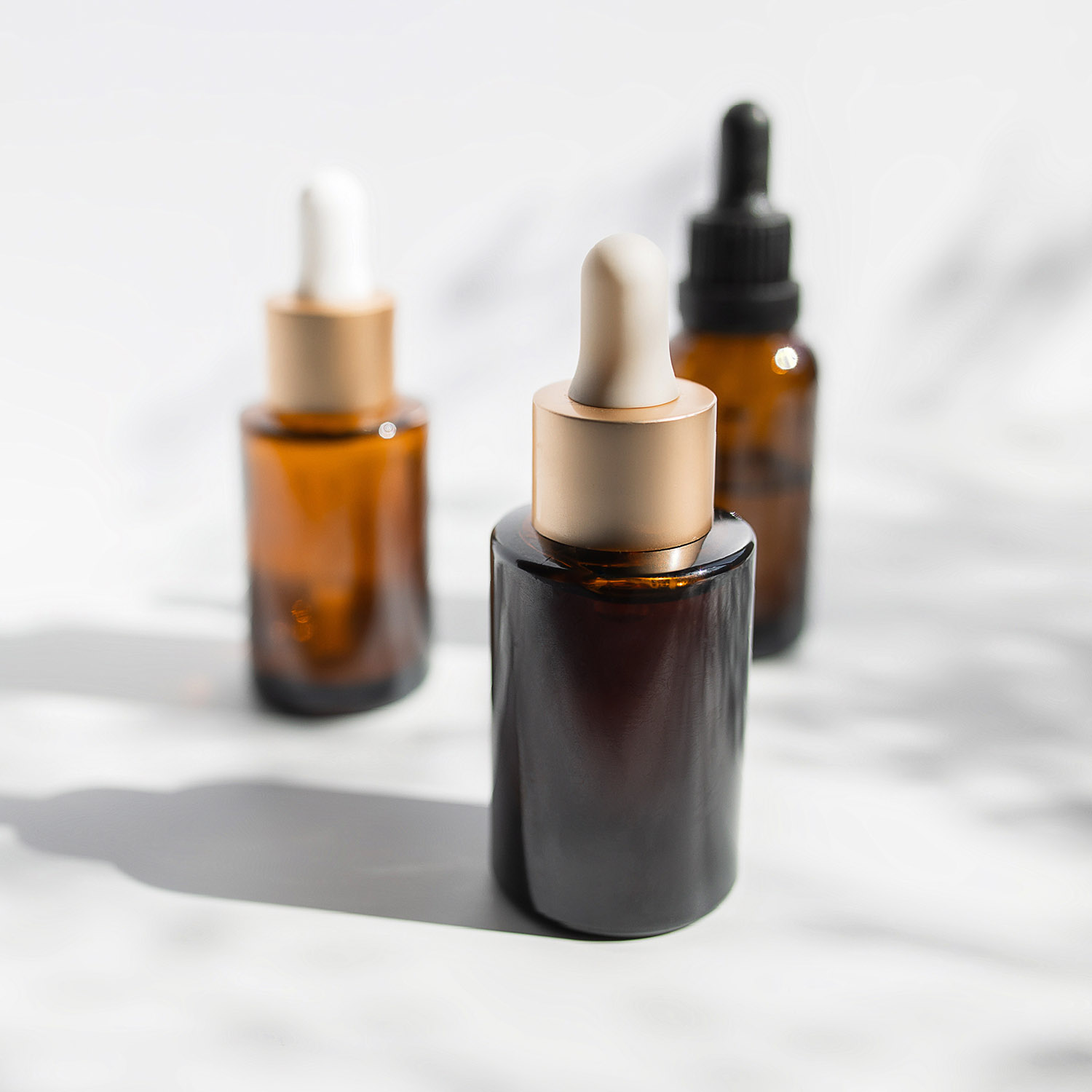 These Essential Oils Will Relieve Your Stress ASAP
These Essential Oils Will Relieve Your Stress ASAPBreathe in. Breathe out.
By Sarah Yang
-
 I Host a Mental Health Podcast—Here Are 5 Important Things I've Learned From It
I Host a Mental Health Podcast—Here Are 5 Important Things I've Learned From ItGive Been Better… HBU? a listen.
By Sarah Yang
